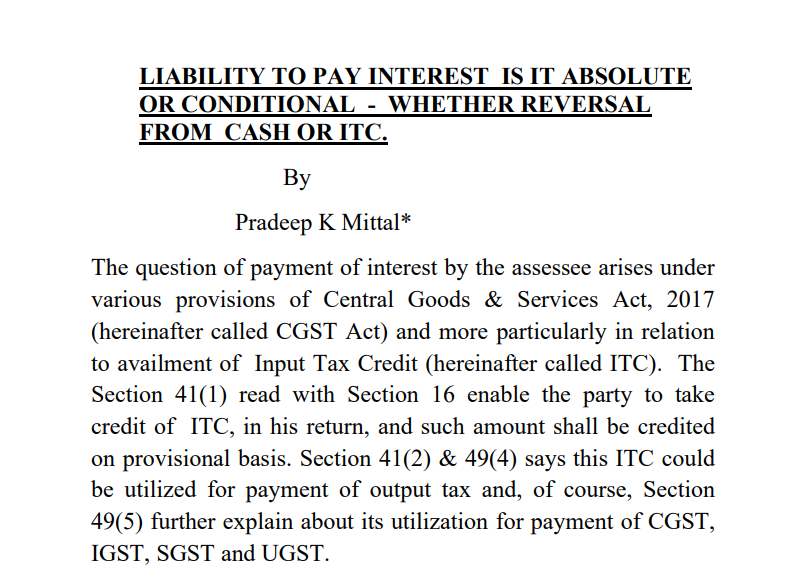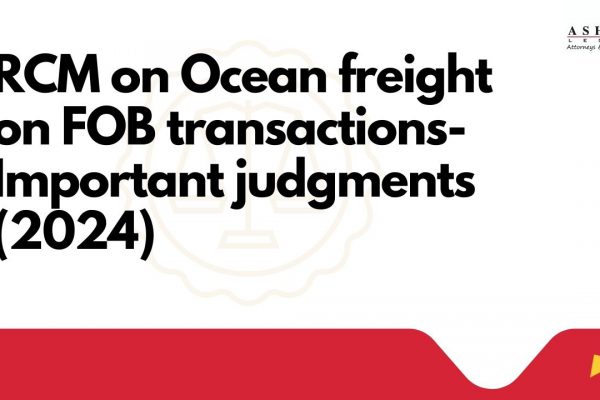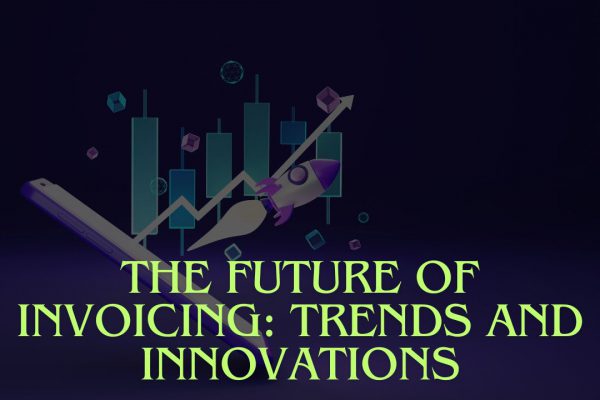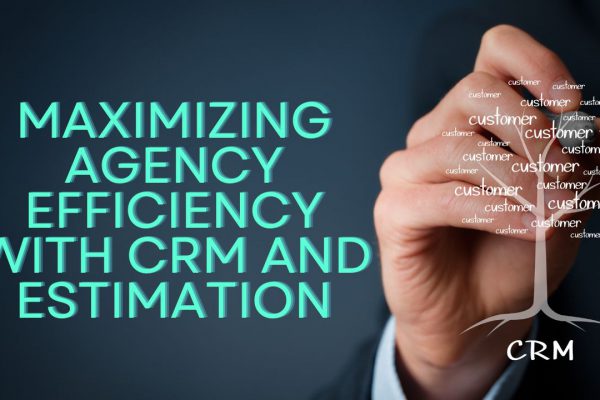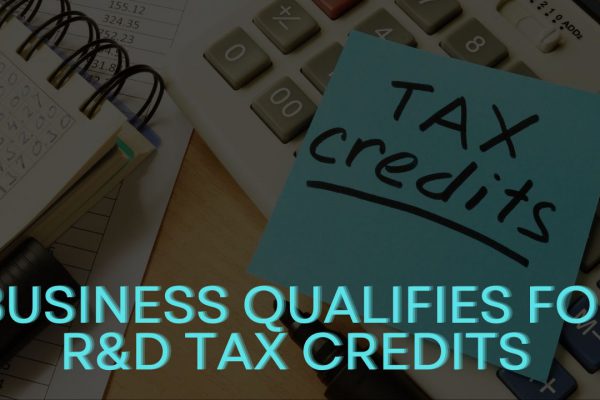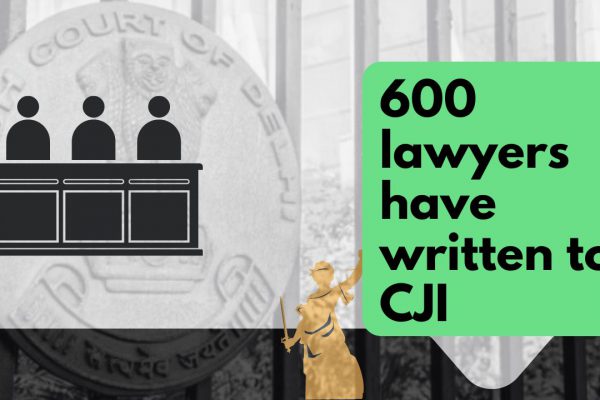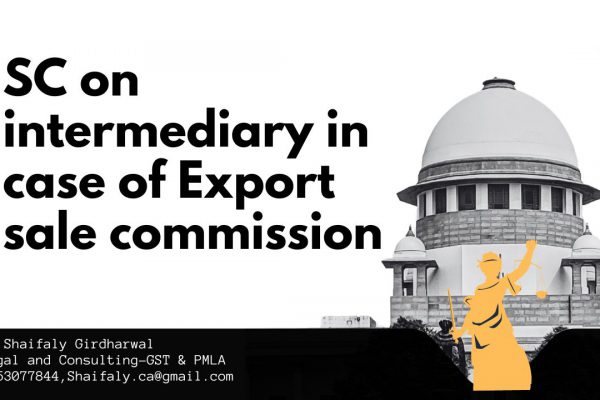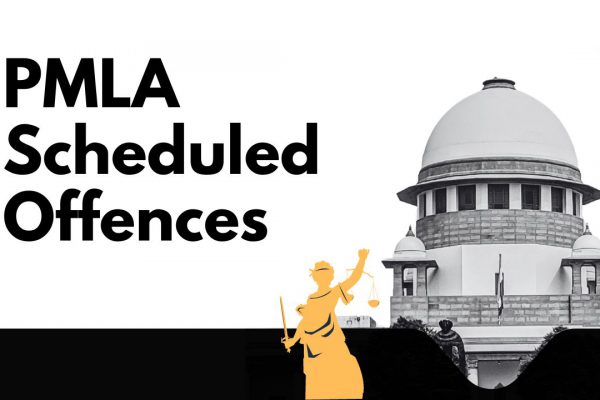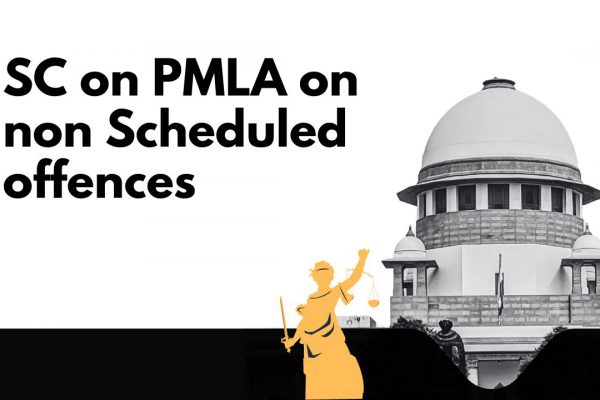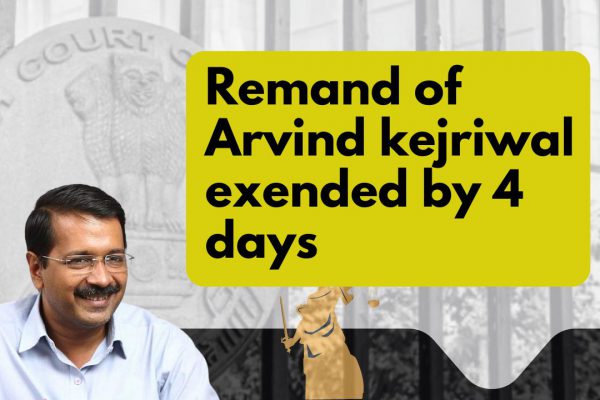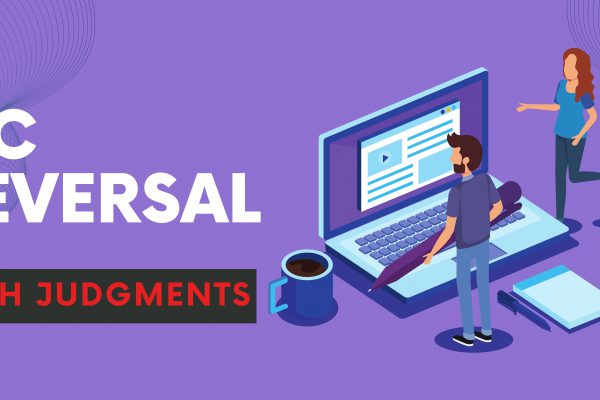LIABILITY TO PAY INTEREST IS IT ABSOLUTE OR CONDITIONAL – WHETHER REVERSAL FROM CASH OR ITC.
LIABILITY TO PAY INTEREST IS IT ABSOLUTE OR CONDITIONAL – WHETHER REVERSAL FROM CASH OR ITC.
The question of payment of interest by the assessee arises under various provisions of Central Goods & Services Act, 2017 (hereinafter called CGST Act) and more particularly in relation to availment of Input Tax Credit (hereinafter called ITC). Section 41(1) read with Section 16 enables the party to take credit of ITC, in his return, and such amount shall be credited on a provisional basis. Section 41(2) & 49(4) says this ITC could be utilized for payment of output tax and, of course, Section 49(5) further explain about its utilization for payment of CGST, IGST, SGST, and UGST.
2” The Section 42(8) says that output tax liability increases because of reasons set out under Section 42(5) & (6), he shall be liable to pay interest at the rate prescribed under Section 50. The question is whether the assessee would be liable to be pay interest under Section 42(8) immediately upon availment or upon its actual utilization by the assessee?
3: The Section 50(3) CGST Act, reads as under- (3) A taxable person who makes an undue or excess claim of input tax credit under sub-section (10) of Section 42 or undue or excess reduction in output tax liability under subsection (10) of Section 43, shall pay interest on such undue or excess claim or on such undue or excess reduction, as the case may be, at such rate not exceeding twenty-four percent, as may be notified by the Government on the recommendations of the Council.
3.1: From the first part of Section 50(3), it is apparent that interest may be claimed by the Department when there is an undue or excess claim of ITC.
3.2: Section 107(6) CGST calls for payment of 10% of disputed amount of tax (by way of pre-deposit) – whether it could be paid through accumulated cenvant or ITC accrued after 1.7.2017.
3.3: Under Section 73 or Section 74, where only interest or penalty is levied upon the assessee and the same is challenged by way of appeal before the First Appellate Authority and later on before Appellate Tribunal;
3.4: When appeal either before First Appellate Authority under Section 107 or before Appellate Tribunal under Section 112 is preferred, whether ITC could be used for payment of disputed tax by way of pre-deposit.
3.5: The second proviso to Section 107(11) says that Appellate Authority will issue SCN before passing any order for payment of (i) short payment of tax or (ii) ITC where ITC has been wrongly availed or utilized.
4: First of all, let us appreciate the landmark judgment of the Supreme Court in the case of Chandrapur Magnet Wires (P) Ltd., VS. CCE: MANU/SC/1061/1996, where common inputs were used in the manufacture of both dutiable goods and also finished exempt goods and later on when the question arose about the reversal of modvat credit on inputs used in the manufacture of finished goods which were exempt, has observed as under:-
In view of the aforesaid clarification by the Department, we see no reason why the assessee cannot make a debit entry in the credit account before the removal of the exempted final product. If this debit entry is permissible to be made, credit entry for the duties paid on the inputs utilized in the manufacture of the final exempted product will stand deleted in the accounts of the assessee. In such a situation, it cannot be said that the assessee has taken credit for the duty paid on the inputs utilized in the manufacture of the final exempted product under Rule 57A. In other words, the claim for exemption of duty on the disputed goods cannot be denied on the plea that the assessee has taken credit of the duty paid on the inputs used in the manufacture of these goods.
4.1: The Hon’ble Supreme Court clearly holds that in case, a debit entry has been made at a subsequent stage, it cannot be said that the assessee has at all taken credit – presumably that credit, during the intervening period, has not been actually utilized.
5: The Supreme Court in the case of CCE Vs. Bombay Dyeing and Mfg. Co. Ltd. : MANU/SC/3318/2007 on the issue of payment of interest when modvat credit/ cenvat credit (now ITC), has not been utilized, has observed as under:-
In the present case, before the account could be debited and before the assessee could avail of CENVAT credit, the assessee has reversed CENVAT credit which would amount to the assessee not taking credit for duty paid on input.
6: The Karnataka High Court in the case of CCE Vs. Bill Forge Pvt. Ltd. MANU/KA/1284/2011MANU/KA/1284/2011: 2012 (26) STR 204 (Kar), while holding that if the Cenvat has been reversed before its utilization, it amounts to non-availment at all and also held that interest is compensatory in nature and would be payable only cenvat has been actually utilized and not where it is merely a book entry.
The assessee uses the credit to make payment of excise duty on excisable product. Instead of paying excise duty, the cenvat credit is utilized, thereby it is adjusted or set off against the duty payable and a debit entry is made in the register. Therefore, this is a procedure whereby the manufacturers can utilize the credit to make payment of duty to discharge his liability. Before the utilization of such credit, the entry has been reversed, it amounts to not taking credit. Reversal of cenvat credit amounts to non-taking of credit on the inputs.
21. Interest is compensatory in character and is imposed on an assessee, who has withheld payment of any tax, as and when it is due and payable. The levy of interest is on the actual amount which is withheld and the extent of delay in paying tax on the due date. If there is no liability to pay tax, there is no liability to pay interest. Section 11AB of the Act is attracted only on delayed payment of duty i.e., where the only duty of excise has not been levied or paid or has been short levied or short paid or erroneously refunded, the person liable to pay the duty, shall in addition to the duty is liable to pay interest. The section does not stipulate interest is payable from the date of book-entry, showing entitlement of Cenvat credit. Interest cannot be claimed from the date of the wrong availment of CENVAT credit and that the interest would be payable from the date CENVAT credit is taken or utilized wrongly.”
7: In another judgment, the Karnataka High Court in the case of CCE Vs. Pearl Insulation Ltd: MANU/KA/0787/2012 has observed that interest cannot be claimed merely on its availment but only from the date of actual utilization:-
The levy of interest is on the actual amount, which is withheld and the extent of delay in paying the tax from the due date. The interest cannot be claimed from the date of the wrong availment of CENVAT credit and that the interest would be payable from the date CENVAT credit is taken or utilized wrongly. In that view of the matter, we do not see any merit in this appeal. Accordingly, the appeal is dismissed.
Download the copy:
If you already have a premium membership, Sign In.
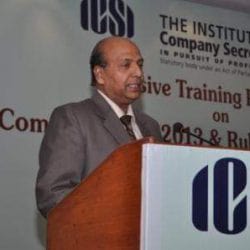 Advocate Pradeep Kumar
Advocate Pradeep Kumar
PK Mittal BCom Delhi university 1975 LLB Delhi University 1978 FCS Fellow Member of ICSI 1992 1982 to 1992 as CS in Corporate Head Legal Apollo Tyres Ltd 1986 to 1992 1993 onwards Advocate in Delhi High Court CESTAT NCLT = Practcising Indirect Tax and Corporate laws 1993 to till date. Written more than 100 Article on Company Law and Corporate laws Indirect Tax Speaker on Indirect Tax Co Law and IBC in various Seminars Workshop organised by ICAI ICSI and ICMA and other organisations Convenor Core Group on GST of ICSI


